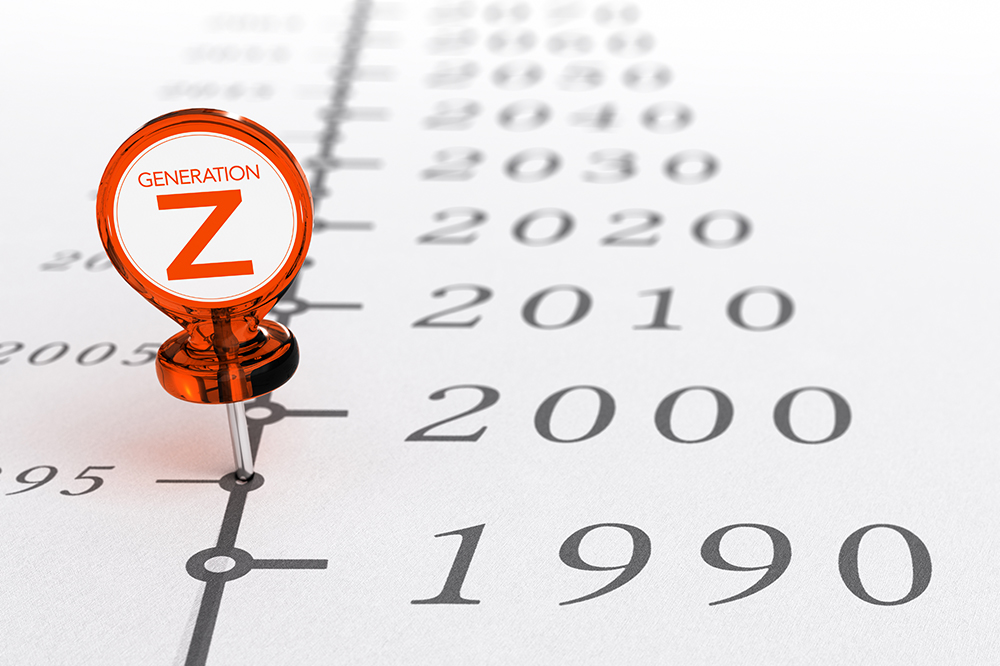It doesn’t seem like that long ago that employers were trying to wrap their heads around Millennials, those born between the early 1980s and the turn of the 21st century.
Indeed, many employers are still trying to find ways to effectively engage this cohort. But even as Millennials have taken over as the largest generation in the U.S. workforce, their younger siblings in Generation Z are starting to enter the workforce, as well.
Generation Z includes those born between the mid-1990s and early 2000s, meaning the oldest portion of this group is just now graduating from high school and college and beginning to enter the workforce.
What Others Think About Gen Z
For HR professionals tasked with training this young generation, it’s key to understand what makes the members of Gen Z tick and how to reach them effectively.
In December 2018, Kahoot! published its annual EdTrends Report for Corporate Trainers, which covers trends and insights in training for the new generation. This report highlighted some interesting perceptions non-Gen Z survey respondents have about this young cohort.
Respondents were very likely to say that, when compared with other generations, Generation Z:
- Expects more growth opportunities at work
- Is more fun-seeking
- Is more motivated by making a societal impact
- Expects more feedback at work
- Prefers to work remotely
Again, these are the factors rated highly by nonmembers of Generation Z. So, how do these perceptions compare with the generation’s self-reported characteristics, preferences, and motivations? This is a bit of a tough question.
How Others View Gen Z
There are numerous surveys of Generation Z, often with conflicting or diverging results. Although most of these surveys seem to support statements like “Generation Z expects more feedback at work than other generations,” others like “Generation Z prefers to work remotely” are up for debate. One survey found that 72% of Generation Z prefers to communicate face-to-face.
Perhaps the biggest takeaway from these surveys is that it’s difficult to clearly and definitively characterize Generation Z. It’s a young cohort that may still be in the process of developing lasting characteristics. It’s also more diverse than previous generations.
The bottom line: Even within generations, there will always be differences. It pays to get to know employees on a personal level rather than attempting to apply broad assumptions to them.

